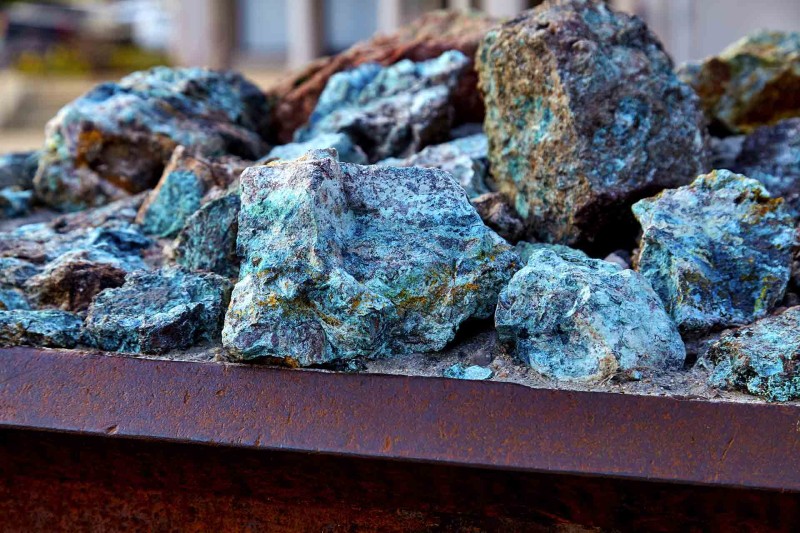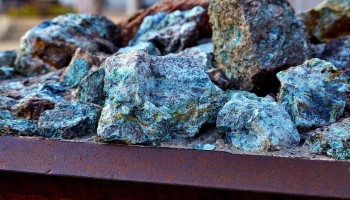The demise of Genex, a one-time economic juggernaut.
Mineco, the troubled conglomerate run by Serbian businessman Dimitrije Aksentijević, strove to be an industrial giant. As the company is battered by charges of corruption and mismanagement, the model of a Serbian conglomerate lingers in the minds of many Serbs: Genex.
Ironically, Aksentijević’s father Dragan was once a director of part of the Yugoslavian juggernaut.
Generalexport (Genex) was founded in 1952 in the former communist Yugoslavia. The state-owned company for re-export and other foreign trade began with only 19 employees; two years later, Genex was trading in the most developed markets of Europe.
At the time, Yugoslavia enjoyed its unique niche in the space between East and West in the Cold War. It was the Western friendly communist country and Genex had the world open to it. Its first company abroad was the BSE Company Ltd. London, which was founded in 1954. In subsequent years Genex started companies in Frankfurt, Milan, New York, Stockholm, Beirut, Moscow, Prague and Berlin. In the 1970s Genex was trading in commodities and products including oil, metals, wood, glass products, textiles, leather and footwear.
Genex grew more powerful and profitable as it expanded into financial transactions, hotels and hospitality and air transport, founding Aviogenex, the first charter air company in Yugoslavia.
By 1991, Genex was an economic giant with more than 60 foreign branches, accounting for more than 10 percent of Yugoslavia’s foreign trade. More than 5,000 people were employed in its subsidiaries and branches.
But the 1990s were not kind. Civil war and sanctions roiled Yugoslavia and the socialist regime and later the country itself fell apart. International trade ground to a halt and Genex and other companies that relied on foreign trade fell on hard times.
Carrying a heavy debt burden, Genex reorganized as International CG in 1999, which still operates with at least four subsidiaries in the fields of air transport, trade and hospitality. They are still owned by the state, which has tried unsuccessfully to privatize what is left of the Communist giant. Two auction attempts have failed and two others have been underway since February 2011.
Over the years the company has had a large number of directors some of whom have been accused of mismanagement and corruption. The company has been slowly looted.
In 2007, Genex Director Milorad Savićević was arrested on suspicion of large-scale abuse of power. Prosecutors say that in 2004, Savićević and four associates illegally leased 1.2 acres of Genex land in New Belgrade for 99 years for a nominal rent, costing the state budget €20 million.
According to the media in Serbia, some of Genex’s properties in Belgrade worth around €150 million were purchased by NBGP Properties, which is connected to Serbian businessman Miroslav Mišković who has been a favorite insider and funder of former governments although now he is currently in prison awaiting trial for tax evasion. Others interested in the property included the Greek company Starwood Hotel Management, Dutch IHG Management and a consortium of three international companies according to Privatization agency.
All that is left of Genex is the Communist-era Western Gate of Belgrade, the third-largest office tower in Eastern Europe, a sad come-down for the company once the base of the Yugoslavian economy.


